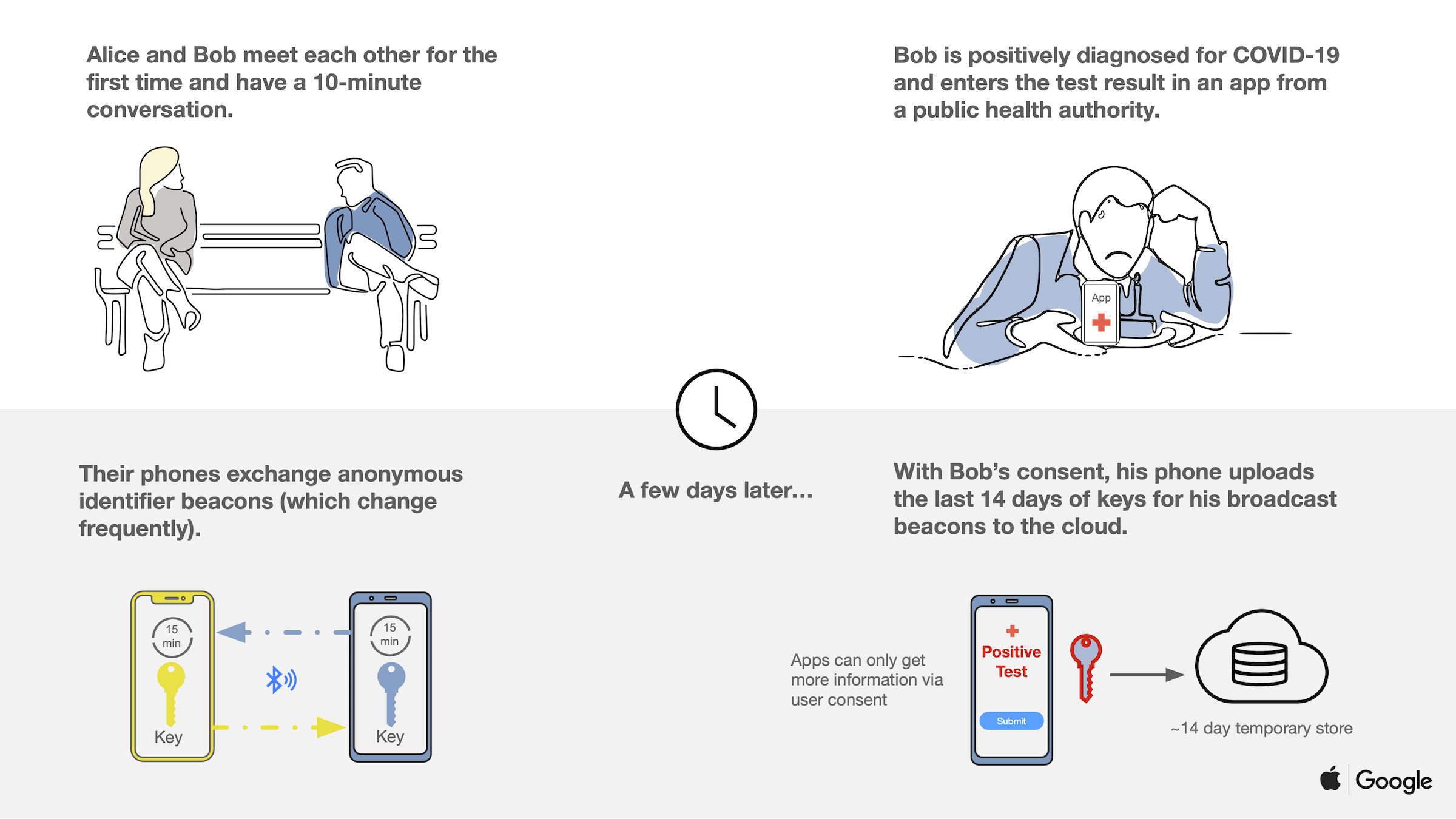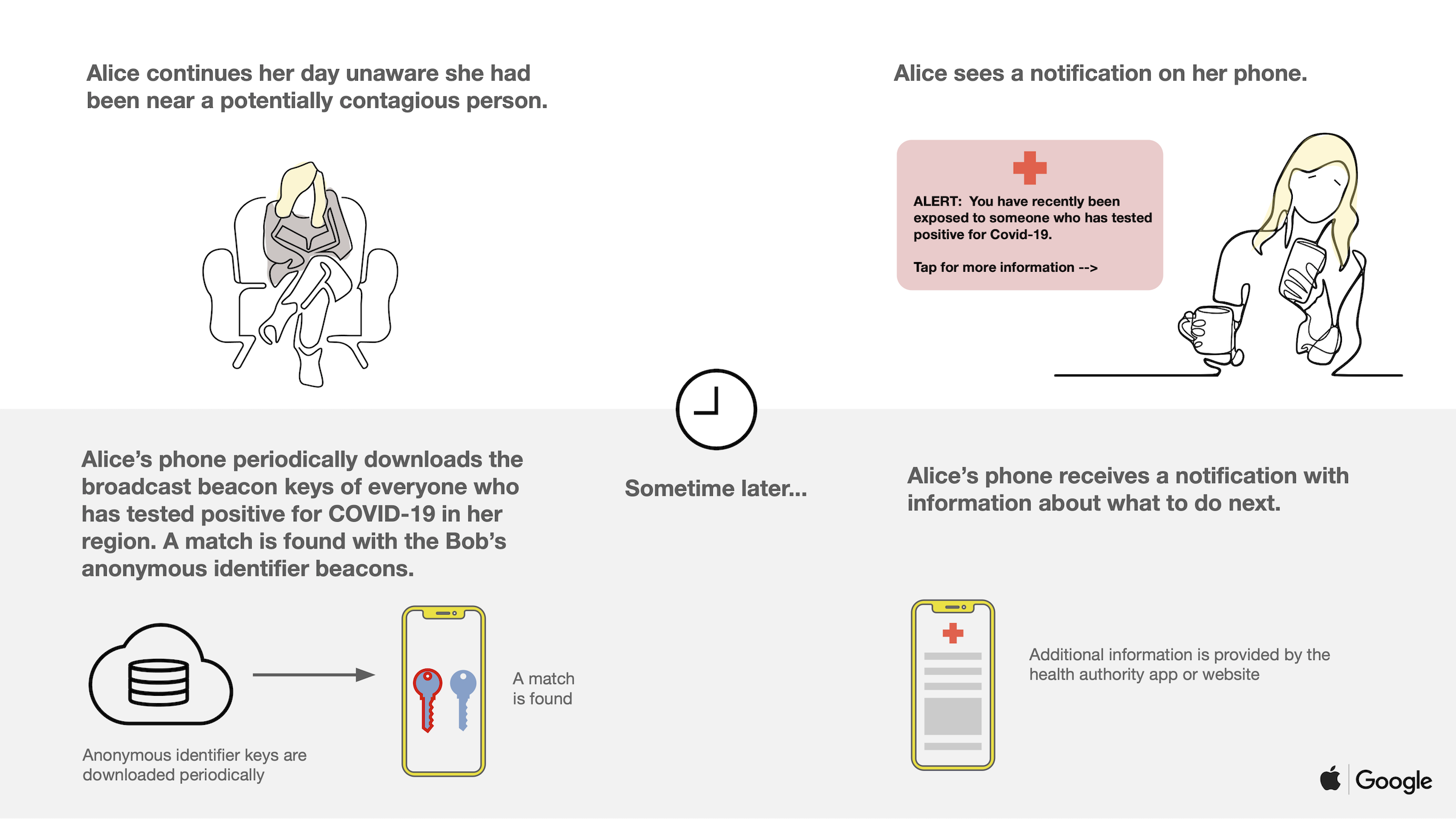Weekly reading 3
Apr 12, 2020- covid19
- china
- apple
How China’s grave-sweeping festival is adapting to covid-19 - Economist:
Wa Heaven was launched in 2009 to provide a digital means of paying homage to deceased family members. […] But with many such places closed to visitors because of covid-19, officials are encouraging the use of online options. Wa Heaven is busier than ever. “Last year we had around 30 people registering a day, this year it is thousands every day,” says Jia Yongqing, the portal’s founder.
It’a actually WaHeaven.com, which then directs you to http://www.5201000.com. 网站是QQ空间的风格,里面包括在线讣告,在线追思,还有推荐名人馆之类,可以通过虚拟货币祭拜。看起来非常超现实。文中提到的代扫墓服务其实一直都有,但今年肯定肯定尤其多。文中还提到香港政府做了个官方app,风格比waheaven稍微自然一些。新华网报道清明节首日各地网络祭扫平台服务群众1336万人次,但各地开放现场祭扫服务的殡葬服务机构(设施)共7729个,接待祭扫群众约572万人次。线上是线下的两倍。好奇新华网如何统计的。
The Quarantine Diaries - NYT:
It’s the diary of a 8-year-old, talking about COVID19.
From bartering to begging for relief, struggling Americans confront April rent - Reuters:
Alfa Cristina Morales, 21, lost her job as a line cook at an Oakland, California, coffee shop, along with her health insurance, three weeks ago.
Now she has been forced to take the money she had saved for a U.S. citizenship application and use it to pay bills, including her April rent. She is not sure how she and her 2-year-old son will make it through May. She has applied for unemployment benefits, which could take weeks to arrive.
美国号称橄榄球型社会,也就是说中层阶级人多。但低收入的人和月光族依然太多,而恰恰是这个人群的容错率最低:一旦出现意外生活立马崩溃。
Reporters’ Notebook: Our 76 Days Locked Down in Wuhan - Caixin:
Four Caixin reporters entered Wuhan in January, and stayed in the original epicenter, never leaving as the city was locked down. […] Hear how they spent the last 70 days: the excitements and fears, mixed with a sense of journalistic responsibility as they witnessed history being made. These are personal stories from the journalists on the frontline that have never been shared before. (This programme is in Chinese)
一个podcast,里面是财新在武汉现场记者的回顾。其中描述了一个老人,她的老伴本来住院,但医院被定点征用,于是老伴被送回家。在家两个老人不知如何拆换老伴的输尿管,老伴发炎发烧,最后又被送回医院,就再也没回来。记者是在殡仪馆遇到这位老人,在等着领老伴的骨灰。后来被问到对自己的采访整体满意吗,记者回答应该触碰到了七八成的真相,然后报道了三四成。有些故事和历史注定只能在心中或者风中。
Apple and Google partner on COVID-19 contact tracing technology - Google blog:
In this spirit of collaboration, Google and Apple are announcing a joint effort to enable the use of Bluetooth technology to help governments and health agencies reduce the spread of the virus, with user privacy and security central to the design.
Good: privacy-preserving design, not rely on location or carrier data 设计上来讲这个系统干净简洁。只有本地缓存,杜绝有中心服务器会存储用户数据的情况。服务器只负责收集和广播匿名token,其中并不包含任何个人隐私。
Bad: human is the weakest link - the system only works if a large amount of people voluntarily opt in, report their cases AND isolate themselves when they receive notification
如果不能有大量用户,匹配就毫无效果。而如果想铺开到大量用户,专业机构(医院cdc之类)的正确引导和解释非常重要。媒体的正确宣传也非常关键。抨击科技公司侵犯用户隐私至少在美国已经成为了政治正确的事,所以我对这个系统并不太看好。
Other reads:
- COVID-19 Community Mobility Reports - Google
- On US-China strategy on raw material - Twitter thread
- Coronavirus: Countries reject Chinese-made equipment - BBC
- Everything Is Awful. So Why Is the Stock Market Booming? - NYT
- 鲁迅,你凭什么出日文版日记?
- Coronavirus Crisis Legacy: Mountains of Debt - WSJ
- Some Traders Do Well in a Crisis - Bloomberg
- Everyone Could Use a Little Break - Bloomberg
- Senators Picked a Good Time to Sell Stocks - Bloomberg
- A Quick Bear Market Would Be Historical Anomaly - WSJ


